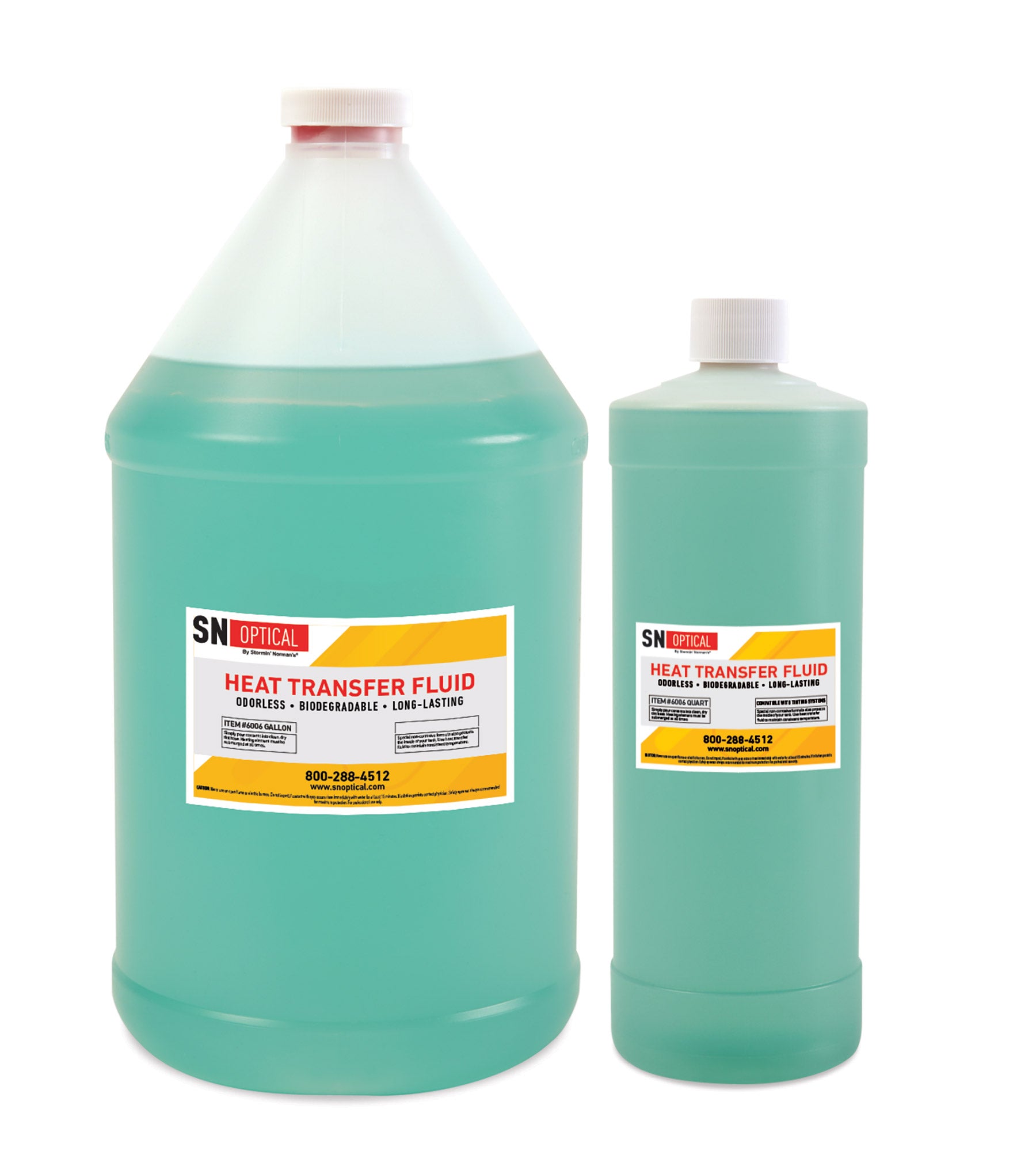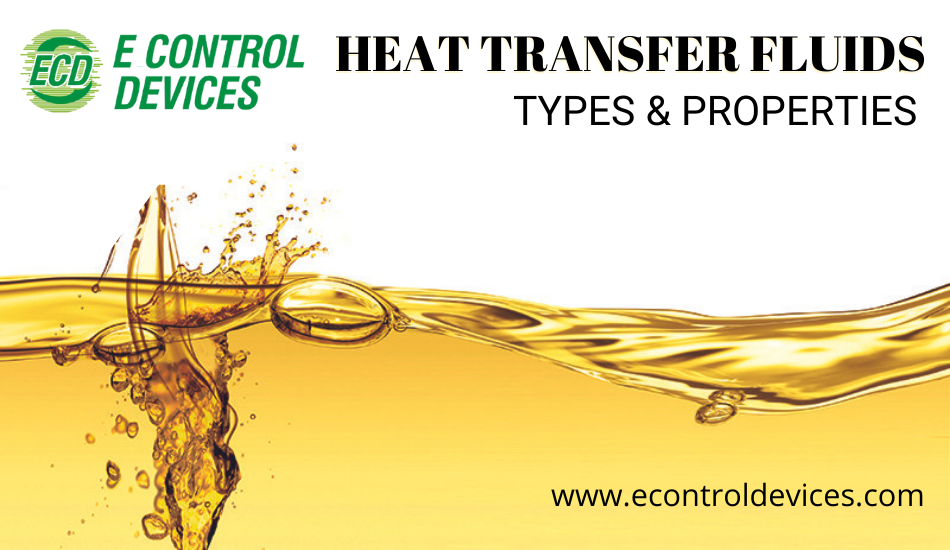Exactly How Warm Transfer Fluid Adds To Sustainable and Cost-Effective Operations
In the modern-day commercial landscape, the function of warmth transfer liquids (HTFs) in advertising lasting and cost-effective operations can not be overstated. These fluids are critical in maximizing thermal management systems, thereby substantially enhancing power efficiency and minimizing functional prices. Furthermore, the environmental advantages of advanced HTFs, with their high thermal security and low toxicity, are undeniable. They not only expand system longevity yet additionally add to the decrease of harmful exhausts. The true capacity of HTFs is realized with the meticulous selection procedure, making sure compatibility and security. What elements should assist this critical choice?
Comprehending Warmth Transfer Fluids
In the world of thermal management, heat transfer fluids (HTFs) serve as necessary agents for transferring thermal energy from one place to an additional. These fluids play a critical function in different industrial applications, consisting of chemical processing, power generation, and Cooling and heating systems.
The make-up of warmth transfer fluids can vary substantially, consisting of choices such as mineral oils, synthetic oils, glycols, and molten salts. Each kind provides unique benefits, such as improved thermal security, reduced thickness, and high boiling factors, which are selected based upon details functional needs. The option of HTF impacts not just the performance of heat transfer however also the longevity and security of the system in which it is utilized.
As markets continue to introduce, the growth of sophisticated HTFs, defined by their boosted thermal conductivity and reduced ecological impact, is important for fulfilling the demands of contemporary thermal monitoring challenges.

Enhancing Power Effectiveness

Improving power effectiveness has actually ended up being a vital worry throughout numerous sectors, triggering a closer evaluation of warm transfer liquids' role in optimizing thermal management systems. These liquids are important to preserving the preferred temperature level in processes, consequently lessening energy waste and boosting overall system performance. By choosing a proper warm transfer fluid, industries can substantially enhance their power efficiency, resulting in minimized energy intake.

Advanced solutions of warm transfer fluids have actually been created to withstand extreme temperature levels while maintaining stability and performance. These technologies expand the operational life expectancy of the fluid, minimizing the frequency of replacements and energy-intensive maintenance tasks. Additionally, making use of artificial or bio-based liquids supplies fringe benefits in terms of reduced environmental effect, lining up with worldwide sustainability goals. Enhancing power effectiveness with optimal heat transfer liquid choice is not only a technological requirement yet also an ecological critical.
Minimizing Functional Prices
Operational expenses are a significant consideration for sectors looking for to maintain affordable benefit, and the choice of heat transfer fluid plays an important role in expense monitoring. Selecting an appropriate warm transfer liquid can cause significant expense financial savings by enhancing system efficiency and decreasing energy consumption. High-performance fluids decrease thermal deterioration, which in turn lowers the regularity of fluid substitute and downtime associated with maintenance, therefore decreasing functional expenses.
Moreover, warm transfer fluids with premium thermal security and rust resistance expand the lifespan of devices. This lowers the need for constant fixings and substitutes, which can be costly and disruptive to procedures. By spending in top quality fluids, industries can accomplish long-lasting check my site reductions in maintenance costs and improve the reliability of their systems.
Furthermore, progressed warmth transfer fluids frequently exhibit reduced thickness at running temperatures, which improves pump efficiency and minimizes energy usage in fluid blood circulation. Numerous contemporary heat transfer liquids are crafted to run efficiently over a broad temperature array, lowering the requirement for multiple fluid kinds, thus enhancing inventory demands and reducing connected expenses.
Ecological Effect Reduction
The press towards minimizing environmental impact has gotten energy in sectors leveraging warm transfer liquids. Heat transfer liquids (HTFs) play a crucial duty in this transition, using opportunities to enhance energy efficiency and minimize exhausts - heat transfer fluid.
In addition, the use of sophisticated warm transfer fluids adds to better system efficiency, reducing the total energy usage. This decrease not just results in expense financial savings yet also decreases co2 exhausts, assisting in the battle versus environment modification. Fluids that are click site naturally degradable and recyclable even more boost sustainability initiatives, as they diminish waste and advertise round economic situation methods.
In addition, integrating HTFs right into closed-loop systems prevents fluid loss and contamination of the surrounding environment. This method ensures that liquids are recycled, decreasing the need for brand-new sources and limiting waste generation. By accepting these environmentally mindful techniques, sectors can significantly diminish their eco-friendly influence while preserving high operational performance, go to this website straightening with international sustainability objectives and regulatory requirements.
Choosing the Right HTF
Picking the appropriate warm transfer liquid (HTF) is a crucial action in progressing ecological sustainability within commercial procedures - heat transfer fluid. An excellent HTF should have a high thermal capacity, low thickness, and high thermal conductivity to make certain reliable warmth transfer.
This guarantees longevity and minimizes maintenance expenses. The fluid should be safe and eco-friendly, lessening its environmental impact and guaranteeing compliance with environmental guidelines.
Verdict
